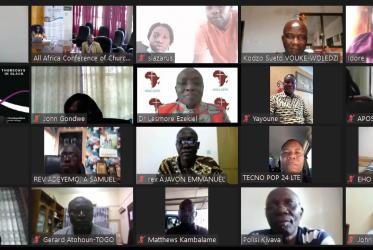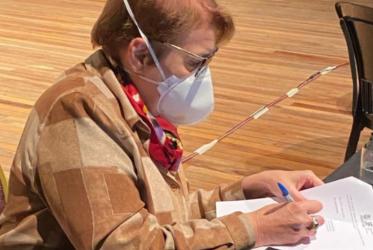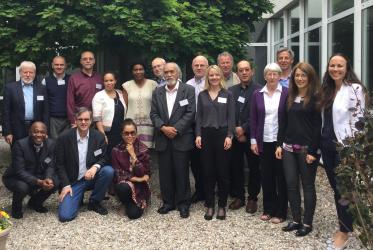Displaying 1 - 20 of 34
Young Africans are eager to grapple with challenges
09 January 2020
Young people in Togo: “Hear our voice! We want to tell our stories!”
07 November 2019
Knowledge of gender roles deepens in Togo
03 June 2019
Interfaith Rainforest Initiative expands
12 February 2019
WCC Eco-School encourages youth to become eco-ambassadors
08 November 2018
#WCC70: A story of life
07 June 2018
Youth engagement fundamental to HIV response
18 April 2017
New Executive Committee members elected in Trondheim
28 June 2016
Ecumenical educators plan global institute
25 May 2016










